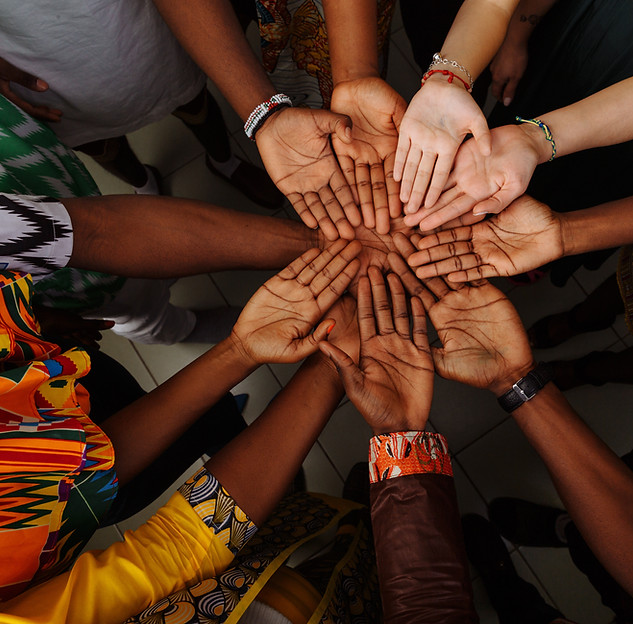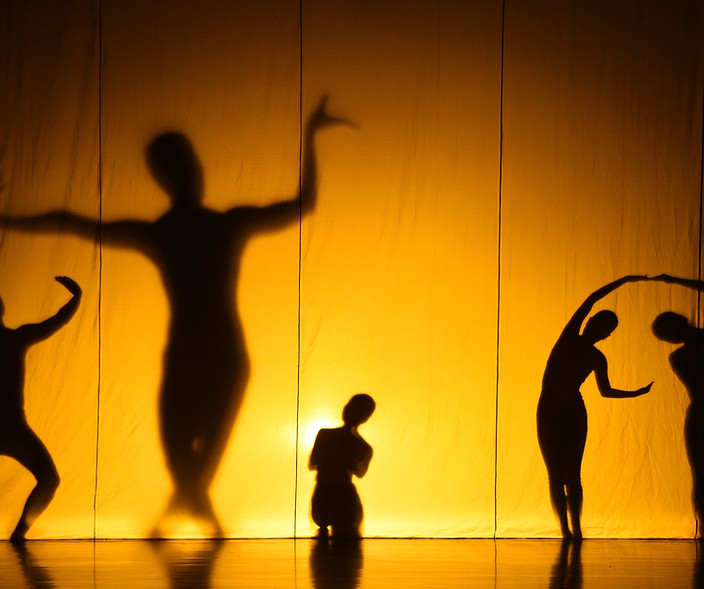Dissertation Focus
Artist-Educators' Experiences with Identity and Representation in Theatre Learning Spaces
Through qualitative grounded theory and data collection focusing on both secondary and post secondary levels, I hope to provide artist/educators with teaching frameworks that support work both the pre-service and in-service educators. Through this study, I hope to uncover an authentic understanding of the experiences of artist-educators around issues of identity and representation. The hope is to provide support and frameworks to equip teachers with the resources and tools to facilitate the difficult discourse in their communities.
Introduction
Call-out culture (aka Cancel Culture) has put American teachers at the forefront of difficult conversations. Faculty bias, Eurocentric viewpoints that dominate educational systems, and the relevance for multicultural aesthetics are raised, called out, and used as weapons in many educational settings.
Reshaping flawed American structures and norms of discourse is an overwhelming task that should be carefully considered; and educators and scientists should lead the way rather than popular culture or contemporary media outlets. Educators need help to create pathways through these difficult conversations with data-driven evidence and rational logical approaches while bolstering their confidence for the difficult work of self awareness and negotiation.
Many artist/educators are not equipped to confront the complexity of identity, representation, or appropriation, nor are they prepared to facilitate the necessary discourse around these provocative issues. The reactionary tactic of “calling out” and canceling productions works against the goals for those seeking reparation in that greater divisions fueled by fear are instilled in the educational communities.
This research seeks to provide foundations for moving forward and provide context for educators, school administrators, and community members, as they are confronted with and navigate through difficult conversations about the biases of their respective arts disciplines as well as their personal implicit biases.

Background
PROBLEM STATEMENT:
Arts educators are ill equipped to deal with difficult conversations about the biases of their respective arts disciplines as well as their personal implicit biases.
PURPOSE STATEMENT:
The purpose of this research is to develop frameworks that prepare educators for creating innovative and safe spaces that support multimodality arts-based learning to holistically integrate students’ life perspectives to broaden globalized cultural understandings.
RESEARCH QUESTIONS:
What support is needed for theatre educators, both at the preservice and in-service level, to facilitate the difficult discourse about identity, equity, and appropriation?
What frameworks/support do educators need to:
-
effectively plan and prepare lessons that are culturally responsive, representative, and empathetic to all voices in the classroom (preemptive phase)
-
identifying tools or restorative practices that may be needed when conflict arises (redemptive phase)

Explore the Padlet for more details
Acknowledgements
I am grateful to the many who have walked this path with me;
my grandmother who modeled the value of hard work and instilled the significance of compound interest;
my parents who consistently supported my academic and artistic interests;
my advisor who motivated and guided with grace and persistence;
my committee members who challenged and pushed, in all the right ways;
and my husband and children who were patient and supportive through the entire journey